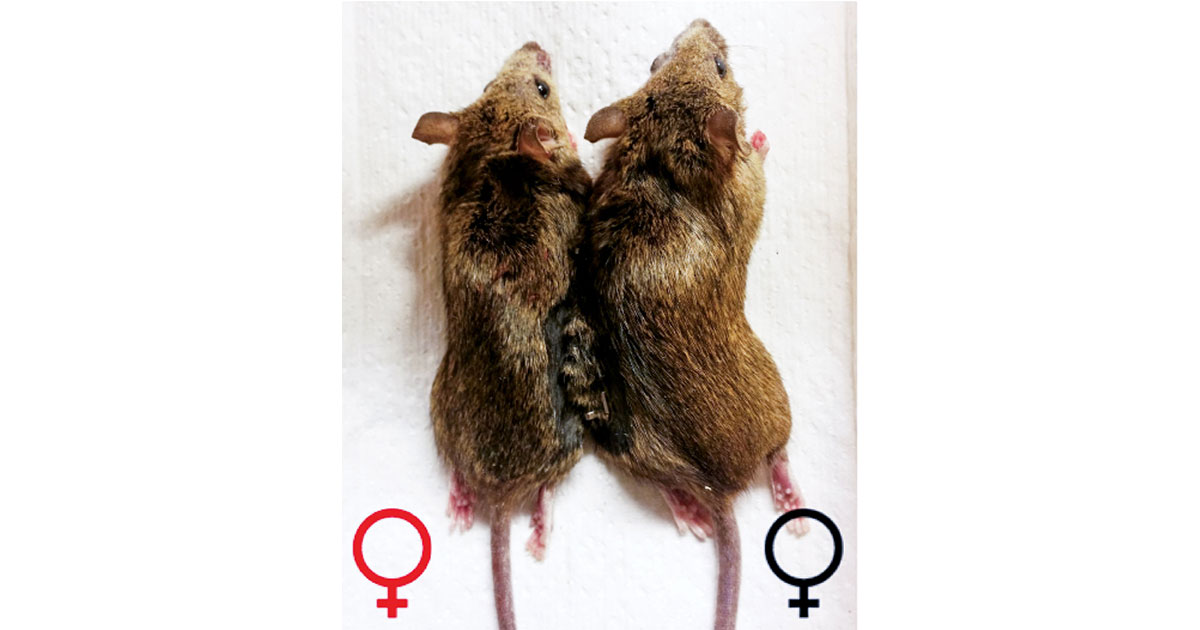Advertisement
Grab your lab coat. Let's get started
Welcome!
Welcome!
Create an account below to get 6 C&EN articles per month, receive newsletters and more - all free.
It seems this is your first time logging in online. Please enter the following information to continue.
As an ACS member you automatically get access to this site. All we need is few more details to create your reading experience.
Not you? Sign in with a different account.
Not you? Sign in with a different account.
ERROR 1
ERROR 1
ERROR 2
ERROR 2
ERROR 2
ERROR 2
ERROR 2
Password and Confirm password must match.
If you have an ACS member number, please enter it here so we can link this account to your membership. (optional)
ERROR 2
ACS values your privacy. By submitting your information, you are gaining access to C&EN and subscribing to our weekly newsletter. We use the information you provide to make your reading experience better, and we will never sell your data to third party members.
Biological Chemistry
Stick-To-Itiveness Underemphasized In Drug Design
Stony Brook chemists say the time a drug remains bound to its target needs closer scrutiny.
by Stuart A. Borman
May 3, 2010
| A version of this story appeared in
Volume 88, Issue 18
The time a drug remains bound to its target is an underemphasized factor in drug discovery, according to Peter J. Tonge of the State University of New York, Stony Brook. Tonge discussed this issue during a presentation last week at the American Society for Biochemistry & Molecular Biology annual meeting in Anaheim, Calif. He says his group believes many drugs are effective because they have long residence times on their targets. Researchers have largely ignored this concept and have not usually incorporated it into the drug discovery process, he notes. Tonge’s results suggest that should change. He and his coworkers recently developed compounds that inhibit an enzyme in the bacterium that causes the infectious disease tularemia and found that the compounds’ in vivo activity correlated with the time bound to their target instead of with binding affinity (ACS Chem. Biol. 2009, 4, 221). The researchers also developed a long-residence-time inhibitor of an enzyme in the tuberculosis bacterium (J. Biol. Chem., DOI: 10.1074/jbc.M109.090373) and have since demonstrated its activity in an animal model of tuberculosis. Because such agents overstay their welcome in bacteria, tagged versions might be useful for imaging bacterial populations, Tonge suggests.




Join the conversation
Contact the reporter
Submit a Letter to the Editor for publication
Engage with us on Twitter